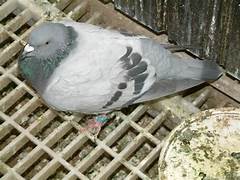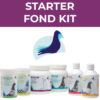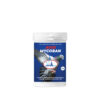
Adenovirus infection in pigeons
Adenovirus Infection in Pigeons: Symptoms, Treatment, and Prevention
Racing and breeding pigeons is a rewarding pursuit, but like any living athlete, your birds are susceptible to health issues. One of the more concerning viral threats in pigeon lofts is adenovirus infection. While it’s not as well-known as some other pigeon diseases, its impact can be devastating—especially when left unchecked or combined with secondary infections like E. coli.
In this guide, we’ll explore what adenovirus is, how it affects pigeons, the symptoms you should watch for, effective treatment strategies, and how to prevent it from spreading in your loft. Whether you’re a seasoned fancier or new to pigeon keeping, this is essential knowledge to protect your birds’ performance and long-term health.
What Is Adenovirus in Pigeons?
Adenovirus is a contagious viral infection that affects a pigeon’s digestive and respiratory systems, often causing lethargy, vomiting, poor performance, and watery or green droppings. It tends to strike young pigeons (particularly in their first year) but can affect older birds under stress or during racing season.
While the virus itself does not always lead to high mortality, it’s notorious for weakening the immune system and allowing other bacteria like E. coli to cause more serious health problems. Managing adenovirus is tricky because there’s no specific antiviral cure, but that doesn’t mean you’re powerless.
Common Symptoms of Adenovirus in Pigeons
Adenovirus can appear subtly at first, then worsen quickly if not addressed. Here are the symptoms to watch for:
-
Lethargy: Pigeons may appear tired, inactive, or isolate themselves from the flock.
-
Loss of Appetite: Birds may eat less or completely ignore food.
-
Vomiting or Regurgitation: A telltale sign that digestion is affected.
-
Watery or Greenish Droppings: Diarrhea or unusual droppings signal gastrointestinal upset.
-
Respiratory Issues: Labored breathing, nasal discharge, or snicking may appear in some birds.
-
Underperformance: Birds may struggle in races or show decreased training stamina.
Real-World Example: A fancier noticed his top flyers were lagging behind in training and losing weight rapidly. Lab testing confirmed adenovirus paired with E. coli, highlighting the need for early detection and dual treatment.
Treatment Options: What Can You Do?
Since adenovirus is a virus, antibiotics won’t work directly. However, supportive care and treatment for secondary bacterial infections are critical for recovery.
1. Hydration and Electrolytes
Sick pigeons lose fluids quickly. Offer clean, fresh water at all times. Add electrolyte solutions to maintain hydration and help restore mineral balance.
2. Nutritional Support
Give easily digestible, high-quality feed. Adding vitamins (especially A and C) helps boost the immune system. Use supplements to maintain energy levels and support recovery.
3. Antibiotics for Secondary Infections
Adenovirus often leads to secondary E. coli infections, which can be fatal without intervention. Treat with a broad-spectrum antibiotic like Amoxicillin, usually 3g per gallon of water for 7 days.
-
Consult a vet before administering any antibiotics
-
Continue supportive care during antibiotic treatment
4. Probiotics
After antibiotics, it’s crucial to restore gut flora. Use avian-specific probiotics to aid digestion and boost resistance to future infections.
Loft Management: Creating a Healing Environment
Treating symptoms is only part of the solution. Your birds’ environment can either help or hinder recovery.
Cleanliness Is Key
-
Disinfect lofts, perches, and feeders daily
-
Use safe, virus-killing disinfectants
-
Remove droppings promptly
🚫 Isolation of Sick Birds
-
Immediately separate infected birds from healthy ones
-
Use a separate water source and avoid shared tools
-
Monitor for cross-contamination signs
😌 Minimize Stress
Pigeons are sensitive creatures. Keep their environment quiet, calm, and uncrowded. Avoid handling during illness and delay training or racing until full recovery.
Preventing Adenovirus in Your Loft
Prevention is the best cure when it comes to viral infections. You can dramatically reduce your risk of an outbreak with these proactive steps.
Quarantine New Arrivals
-
Quarantine any new birds for 2 to 4 weeks
-
Observe for signs of illness before integrating into the loft
Daily Loft Hygiene
-
Clean all surfaces and waterers daily
-
Sanitize feeders regularly
-
Ensure good ventilation to avoid damp, stale air
Limit Contact with Outside Birds
Avoid exposing your flock to unknown birds at races or exhibitions, especially during adenovirus season (spring and summer).
Pest Control
Rodents and insects can spread viruses. Keep the loft clean, use traps, and seal any entry points to avoid infestations.
Boost Immunity Year-Round
-
Use vitamin and mineral supplements regularly
-
Add probiotics to feed or water during stress periods
-
Ensure birds get quality grains and protein
Can You Vaccinate Against Adenovirus?
Currently, there is no commercial vaccine specifically for pigeon adenovirus. However, research is ongoing, and some lofts that experience repeated outbreaks may work with avian vets to develop customized immunity plans. Until then, strong biosecurity and supportive care remain your best line of defense.
The Link Between Adenovirus and E. coli
The danger of adenovirus lies in its ability to open the door to more aggressive infections—most notably E. coli.
When the immune system is suppressed, opportunistic bacteria thrive. This is why pigeon owners often see a sharp decline in health when both viruses are present. Addressing both is essential:
-
Treat E. coli with targeted antibiotics
-
Support liver function with detoxifying supplements
-
Use heat lamps or warm areas for weakened birds
- When to Call a Vet
If your pigeons aren’t responding to home care within a few days, or if symptoms worsen, seek professional help. An avian veterinarian can run diagnostics like fecal exams, swabs, and blood tests to determine the best course of treatment.
Final Thoughts: Staying One Step Ahead of Adenovirus
Adenovirus infection in pigeons doesn’t have to derail your loft’s success. While there’s no magic bullet, a mix of early detection, supportive care, and strict hygiene can help you manage and even prevent outbreaks.
Focus on:
✅ Nutrition and hydration
✅ Loft cleanliness
✅ Prompt treatment of E. coli
✅ Reducing stress and overcrowding
✅ Boosting immunity with supplements
By staying proactive, you’ll protect not only your birds’ health but also their ability to perform at the top of their game.


